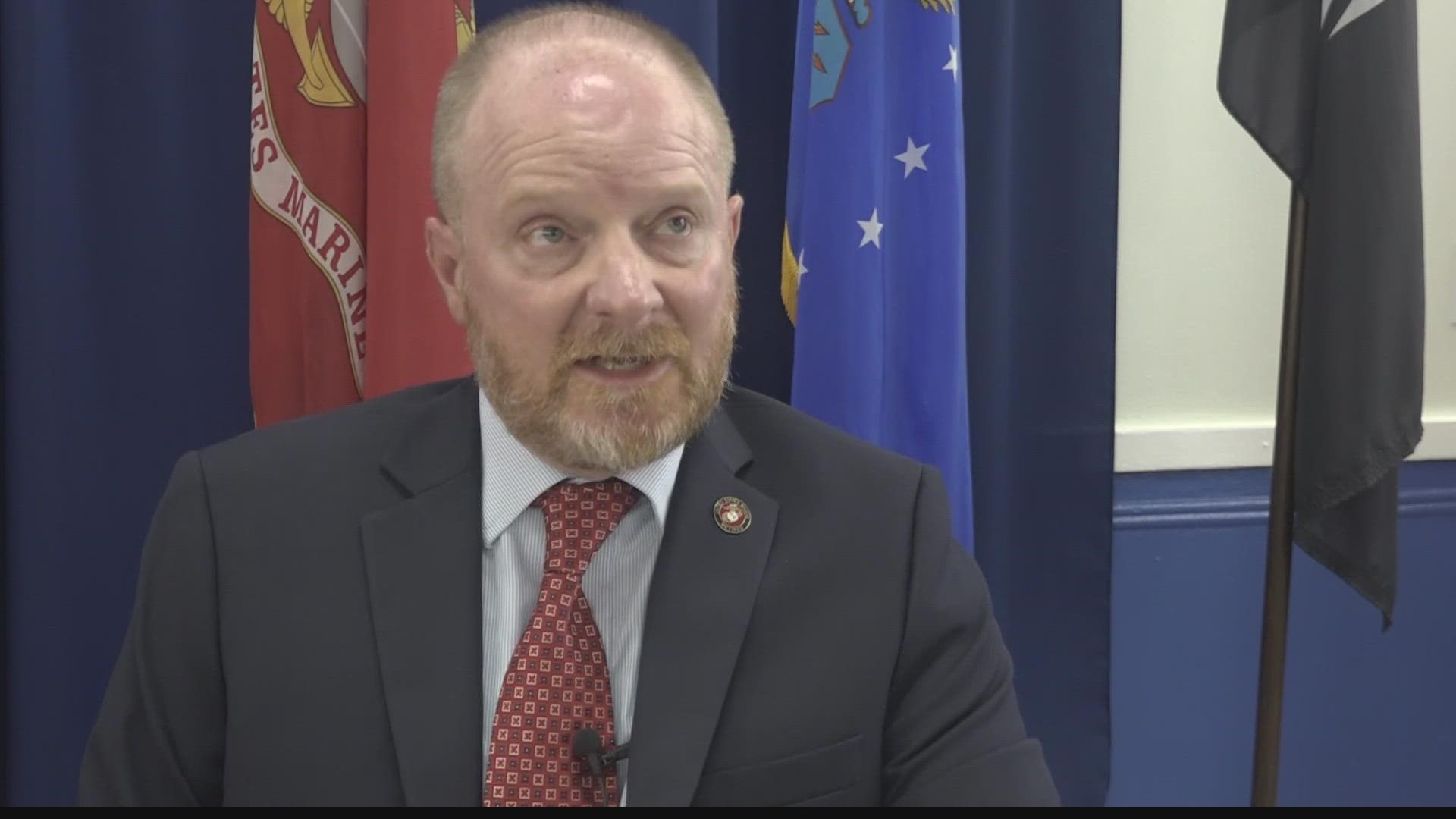JACKSONVILLE, Fla. — Veterans say they are one step closer to getting the help they need.
The recently passed 'PACT Act', which also includes 'The Camp Lejeune Justice Act' now ensures veterans and their families exposed to toxins on base can receive high-quality healthcare and benefits and seek compensation for injuries.
The law firm Farah & Farah says it is in the process of taking in new clients who wish to file claims for the harm caused from exposure to the toxic water at Camp Lejeune and says the exposure doesn't just affect military personnel, it also affects their families who also lived on base.
RELATED: Jacksonville widow wants justice after husband exposed to toxic drinking water at Camp Lejeune
"June of 1984 my first wife had oral surgery and because of the oral surgery they had to do a biopsy on a nodule that they took out of her mouth. That ended up being some type of cancer," Retired Marine Colonel Len Loving said.
Loving says he and his wife lived on base when she died of Leukemia at just 45 years old. This was during the time when more than one million people were exposed to contaminants in the base water supply.
“She asked please let me go, and she passed away about an hour - hour and a half later," Loving said.
Loving says he felt like his wife's death was unusual considering how healthy she was, so he turned to Farah & Farah to file a claim for financial compensation.
“Once the President signs the law, you will have two years to file a lawsuit in the federal courts in North Carolina," Attorney Chuck Farah said.
Attorney Nicholas LaFountain says the law firm will need to collect documents to make sure qualifications are met before a claim is filed.
“What we’re looking for is whether they were stationed at the base, if they lived on base or not, or if they were a civilian worker at the base or families of that and they were there for at least 30 days.," LaFountain said. "They have to have one of the qualifying diseases or cancers including Esophageal Cancer, Leukemia, Hodgkin's disease, bladder cancers, you had to have been stationed or working at that base of August 1, 1953 and December 31, 1987."
Loving says it's important for him to take action and acknowledge changes that will affect service members lives forever.
“A lot of marine’s say 'Oh I don't need anything I was a Marine, I was just following orders, but that’s not what we’re talking about, we’re talking about something wrong getting fixed," Loving said.
The next step for the bill is to get signed by President Biden.

